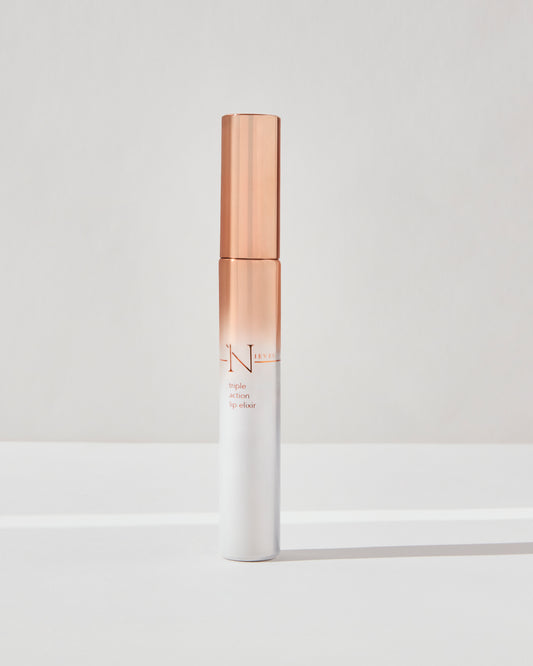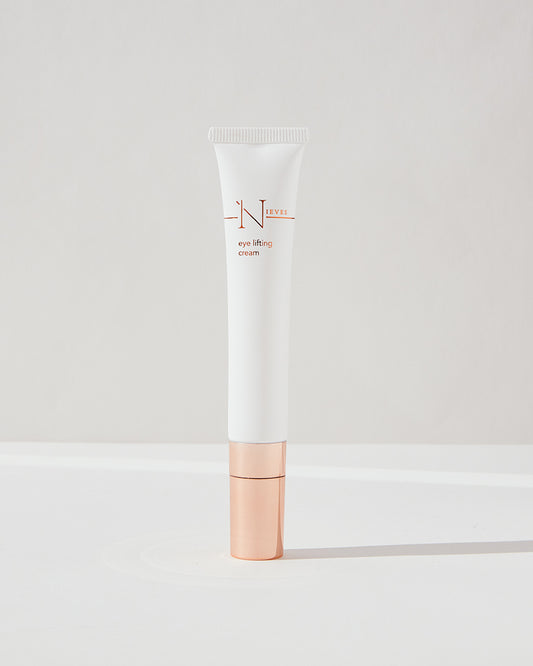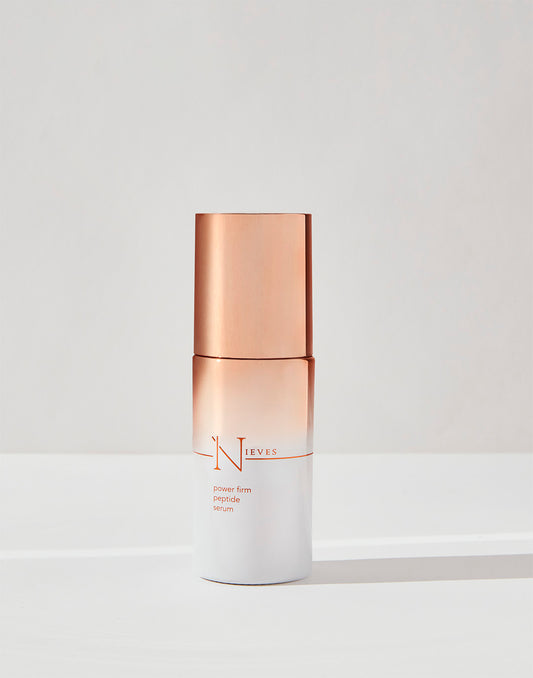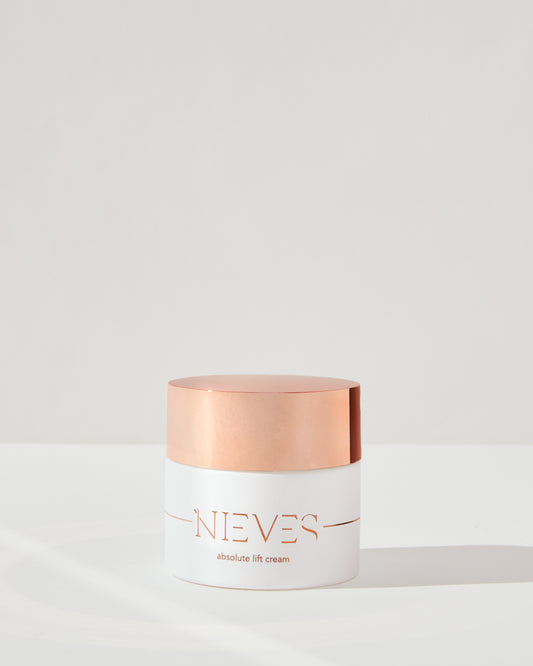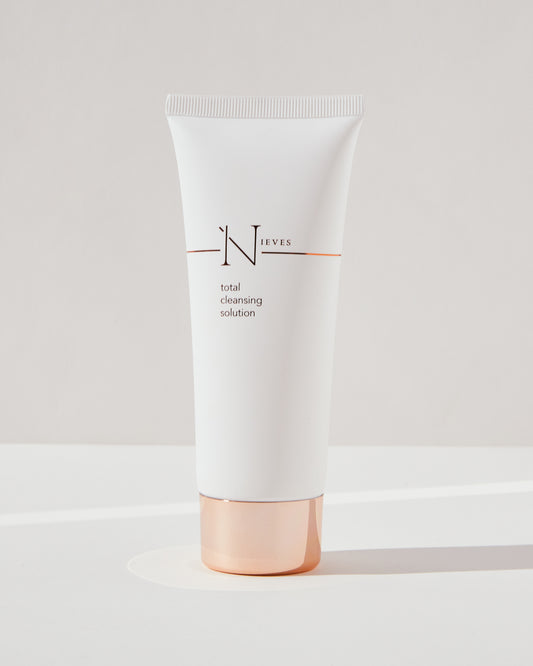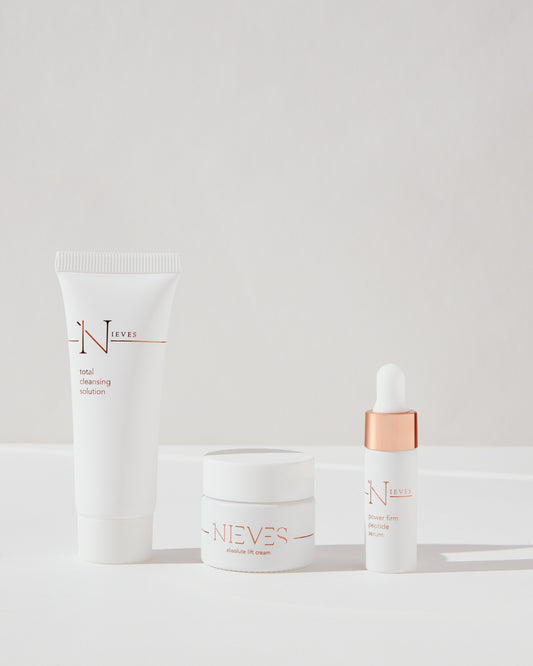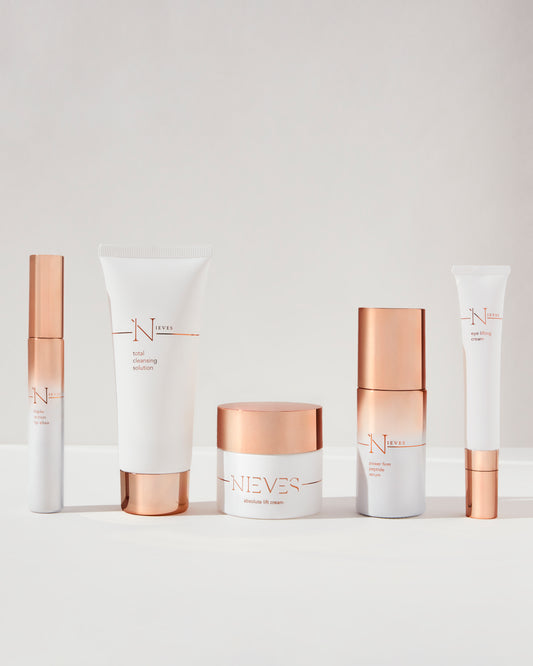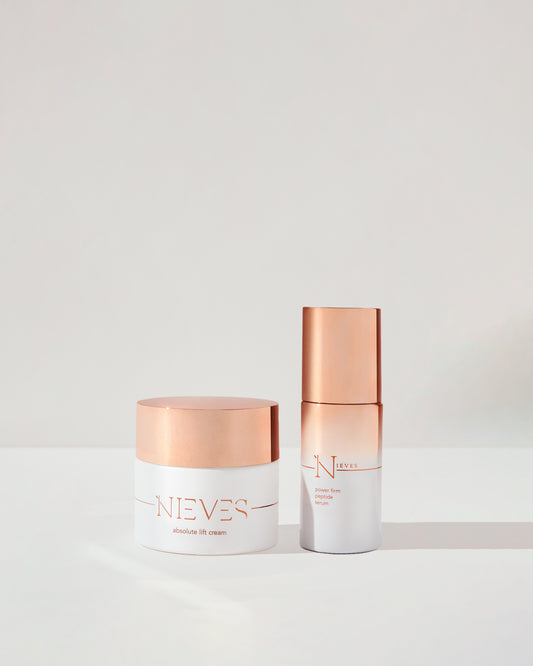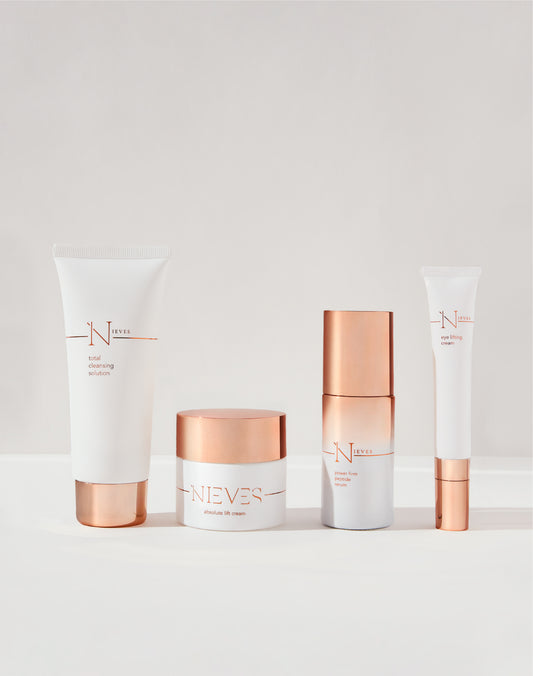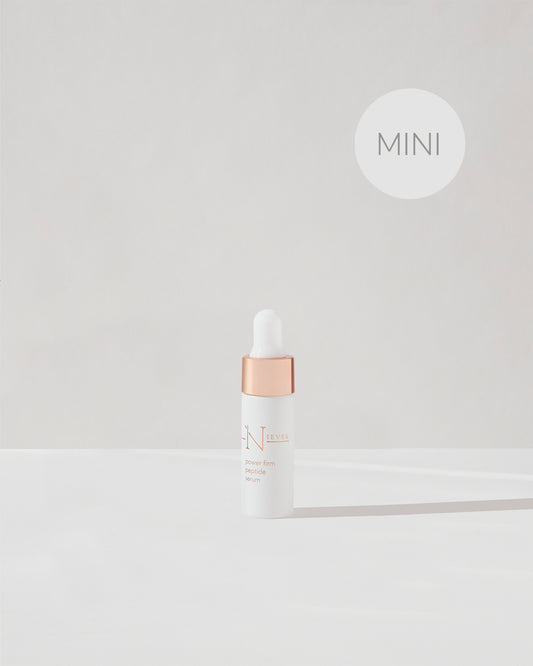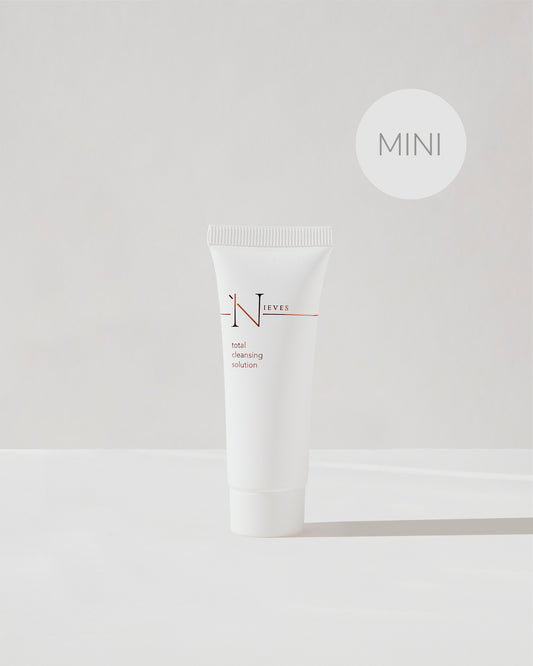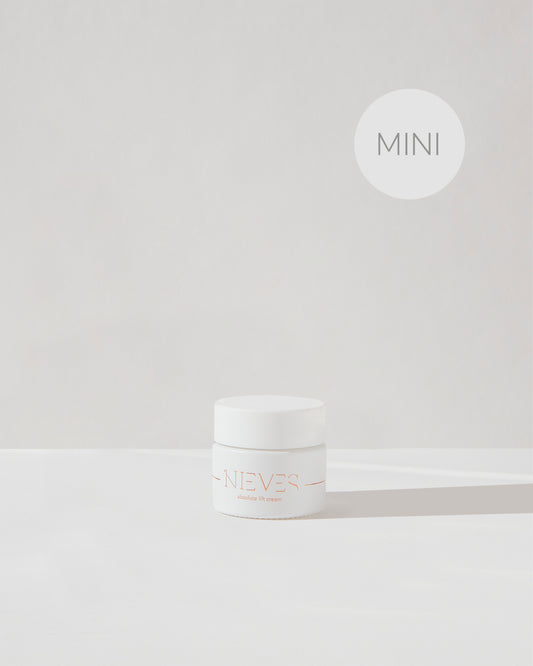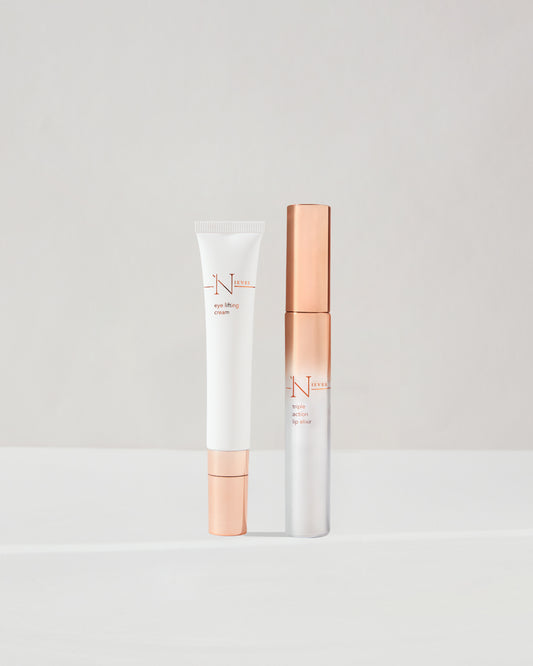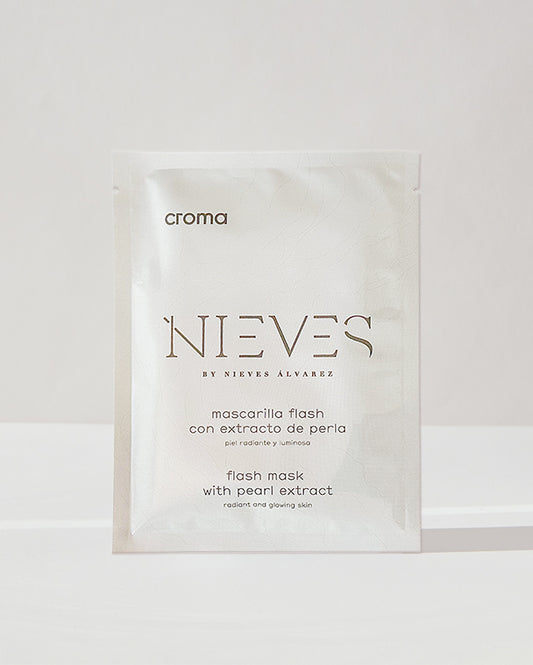How Your Diet Impacts Your Skin
A balanced diet, alongside regular physical activity and a healthy lifestyle, forms the cornerstone of any health recommendation. Everything in our body is far more interconnected than we often realise. For our systems to function optimally, consistent healthy habits are essential. Among these, nutrition undoubtedly plays a pivotal role.
Below, we explore five ways in which nutrition and skin health are closely intertwined:
1. Nutritional deficiencies can manifest in the skin.
From a dermatological perspective, certain changes in the nails, hair, and mucous membranes can indicate a deficiency in specific vitamins or trace elements, such as biotin, vitamin B12, zinc, folic acid, or iron. Signs might include brittle nails, increased hair loss (effluvium), changes in hair texture, or pallor of the skin and mucous membranes.
These symptoms are a common reason for consultations. However, it’s important to note that not all changes stem from nutritional deficiencies. A varied, balanced diet typically provides the necessary nutrients. That said, issues like malabsorption or increased nutrient loss (e.g., during menstruation) might still necessitate supplementation, even with an adequate diet.
2. Diagnosing intolerances through skin symptoms.
Dermatitis herpetiformis is a condition caused by gluten intolerance. It presents as intensely itchy “bumps” that often appear on the elbows, buttocks, or knees. If diagnosed, gluten must be eliminated from the diet, and the condition monitored by a gastroenterologist. Interestingly, this condition can arise even in individuals with no previous digestive symptoms.
3. Diet can exacerbate acne and rosacea.
Diets high in sugar, particularly those including foods with a high glycaemic index (which spike blood sugar levels), are detrimental to the skin. When blood sugar rises, the pancreas produces insulin and a molecule called IGF-1. IGF-1 contributes to keratinocyte proliferation and androgen (male hormone) production, leading to clogged follicles and increased sebum production, both of which worsen acne.
Dairy products, particularly skimmed milk, are also known to increase IGF-1 production, aggravating acne in some individuals. Meanwhile, foods such as spicy dishes, hot beverages (e.g., coffee and tea), and alcohol can trigger flushing and worsen rosacea symptoms.
4. Nutrition influences skin ageing.
A diet rich in unhealthy fats (particularly saturated fats) and sugars has been linked to obesity, diabetes, fatty liver, and accelerated skin ageing. These factors impair collagen synthesis, leading to poorer wound healing and faster collagen degradation. Since collagen provides structural support to the skin, its loss results in sagging and more pronounced wrinkles.
5. What does a “skin-friendly” diet look like?
There’s no specific diet exclusively for the skin. A healthy diet benefits all organs, including the skin. Essential foods include those rich in antioxidants, such as fruits and vegetables, while reducing inflammatory foods like alcohol, red meat, sugar, and processed products.
Supplements, while popular, are only necessary when addressing a diagnosed deficiency. They can be helpful during periods of poor nutrition, stress, or recovery from illness, but they should never replace a healthy and balanced diet.
Ultimately, the relationship between diet and skin is undeniable. A nutritious, well-balanced diet provides the essential nutrients needed to maintain radiant and healthy skin. While deficiencies can affect skin health, a diet rich in antioxidants helps combat premature ageing. Conversely, certain foods can exacerbate conditions such as acne and rosacea.
Remember, skin care starts from within. A balanced, nutrient-rich diet is the foundation for healthy, glowing skin.
